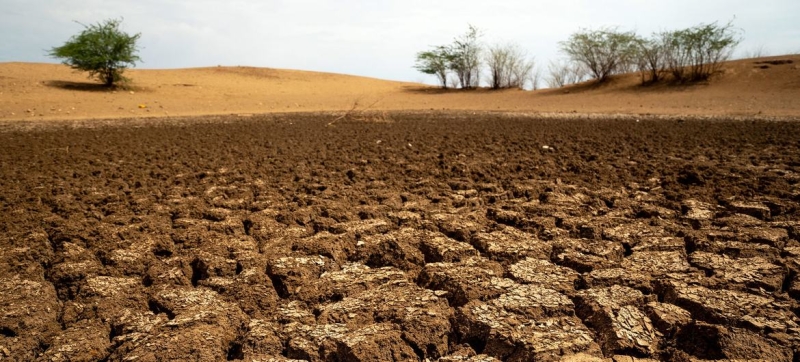
FAO estimates that in areas with degraded land, yields are reduced by about 10 percent. FAO report: More than a billion people worldwide suffer from reduced yields due to land degradation Climate and Environment
About 1.7 billion people worldwide live in regions where crop yields are declining. The main reason is the deterioration of land caused by human activities. This is a serious but often invisible problem that reduces agricultural efficiency and harms the environment. This is stated in a new report from the UN Food and Agriculture Organization (FAO), presented on Monday at the organization’s headquarters in Rome.
The report’s authors emphasize that land degradation is not just an environmental issue. This phenomenon directly impacts how much food we can produce, how well rural communities fare, and how secure our food system is. The report contains the most detailed analysis to date of the impacts of soil degradation. It identifies the world’s most vulnerable regions and shows how declining crop yields are linked to poverty, hunger and malnutrition.
What is land degradation?
According to FAO, degradation is the gradual deterioration in the ability of land to perform its natural functions. This can occur due to natural causes such as erosion or salinity, but more often human culprits include deforestation, overgrazing, unsustainable farming and improper watering.
Who is Affected
The FAO estimates that in areas with degraded land, yields are reduced by about 10 percent. These areas are home to 1.7 billion people, including 47 million children under five who suffer from stunting. This problem is especially pressing for the densely populated countries of Asia.
Is there a way out?
According to FAO calculations, if at least 10 percent of degraded arable land is restored, this will provide food for an additional 154 million people annually. This requires comprehensive measures: reasonable land use planning, laws against deforestation, farmer support programs and environmental requirements for receiving subsidies.
What FAO proposes
The report’s authors emphasize that degradation affects both large and small farms. But the approaches must be different: small farmers have fewer resources, while large ones have more opportunities to implement sustainable practices. FAO urges countries to take these differences into account and develop policies that help conserve land and increase crop yields for a future food security.
